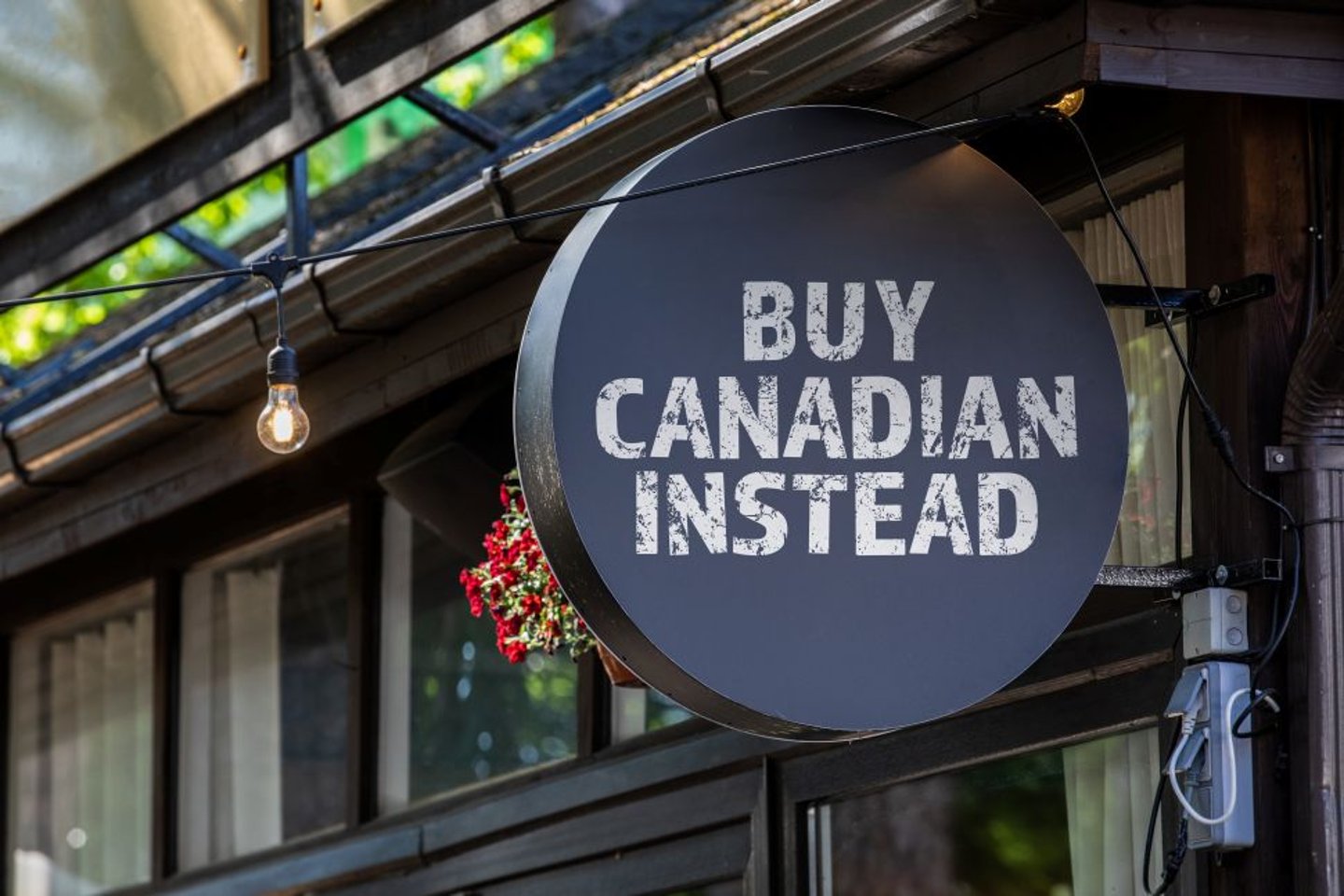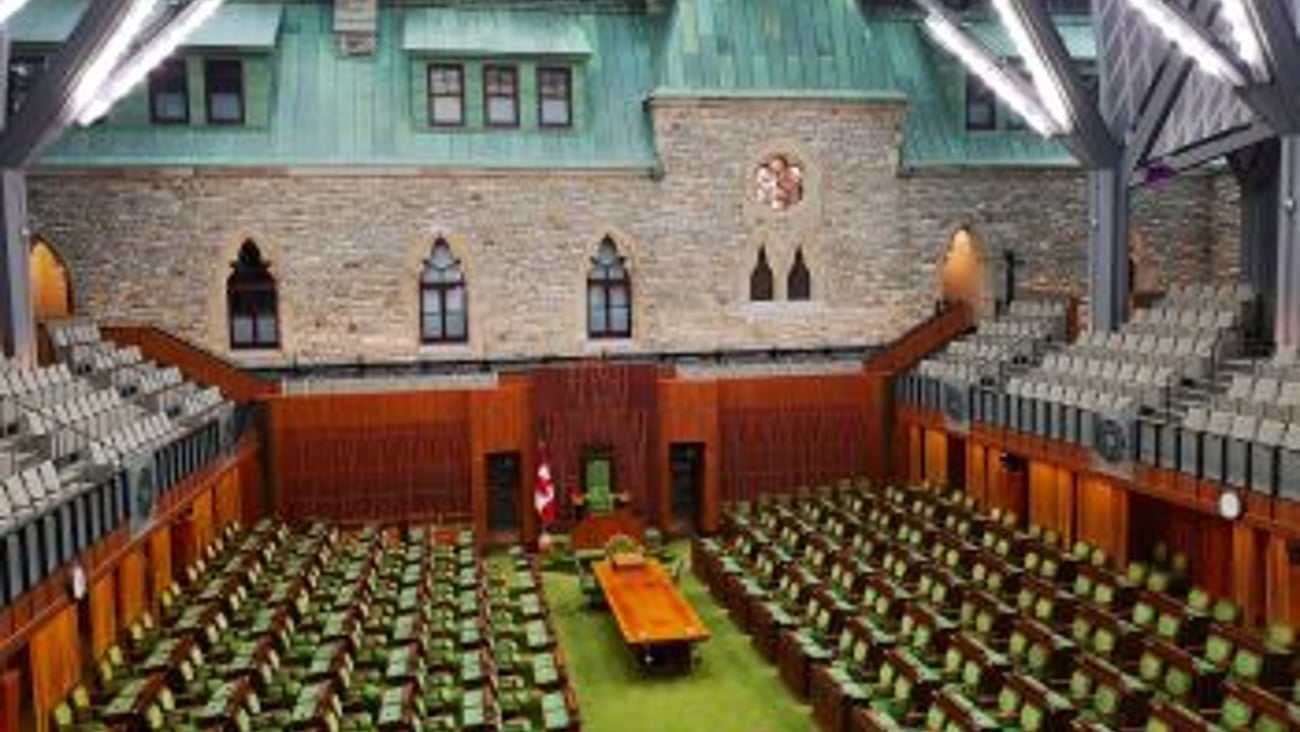Fighting for certainty in uncertain times: One win at a time
With a backdrop of tariffs, elections and a weakening economy, a unified voice fighting for the convenience industry has become even more important. And the wins take on an even greater significance.
In Ontario, the Ford government has been a big supporter of our industry and CICC. Beverage alcohol expansion was a game changer. But we repeatedly reminded government that there was still work to be done on distribution and pricing and margins.
Our persistent advocacy was rewarded yesterday when Ontario announced, as part of its efforts to help with economic uncertainty, a 5% increase in our wholesale discount on beverage alcohol. The increase from 10% to 15% will be very helpful for our industry.
To help protect Ontario’s economy, the government is also deferring provincial taxes for 6 months, including the Employer Health Tax, Insurance Premium Tax, Gasoline Tax, Fuel Tax, Mining Tax, Tobacco Tax, International Fuel Tax Agreement, Beer, Wine & Spirits Tax, the Retail Sales Tax on Insurance Contracts and Benefit Plans and the Race Tracks Tax.
These changes were a result of the geopolitical events of the first quarter of 2025 which have been nothing short of astonishing. U.S. President Donald Trump is reshaping global trade with the stroke of a pen, imposing what seem like “on-again, off-again” tariffs on numerous countries, with a particular focus on Canada. This new trade war, coupled with President Trump’s threats of making Canada the 51st state, continues to have a profound negative impact on our nation.
The unpredictability of the U.S. administration has unleashed a wave of economic instability, flooding Canada’s economy while simultaneously fueling an unprecedented surge of patriotism. This has given rise to a “Buy Canadian” campaign, encouraging consumers to prioritize domestic products. According to a late March 2025 poll by Leger 360, 70% of Canadians have reduced their purchases of American goods since February, while 74% have increased their buying of Made-in-Canada products.
Retailers across all sectors, including the convenience industry, are under pressure to meet this growing demand for homegrown products while navigating an uncertain future. This challenge is unfolding against the backdrop of a federal election, triggered by former Prime Minister Justin Trudeau’s resignation.
Polls that once predicted an overwhelming Conservative majority in December have now flipped in favour of the new Liberal Leader and Prime Minister, Mark Carney. This reversal of fortune is nearly unprecedented, but it’s not surprising given the extraordinary times we live in.
Since its inception in 2019, CICC has been a steadfast advocate for the industry, engaging with federal politicians to push for less red tape, increased resources to combat the contraband tobacco market, the creation of a convenience credit to offset the costs of collecting billions in taxes on credit card payments, and smart regulation for nicotine products. Consistency and patience have been key to our success—and they will remain critical as this month’s federal election ushers in a new era, the likes of which we haven’t seen in a decade.
Now that we can sell beverage alcohol in more provinces, we have added federal excise taxes on alcohol to our roster of advocacy issues. As we said in our recent pre-budget submission: “Regular excise tax increases, even capped at 2%, are a triple threat for Canada’s convenience stores: it makes prices higher for our customers thereby impacting sales and traffic, and convenience store owners are out of pocket because they are required to pay interchange fees on taxes. Moreover, inflation-indexed tax rate increases such as those included under Canada’s Excise Act adds to inflation, making the Bank of Canada’s objective of returning CPI inflation to its mid-term target of 2% more difficult”.
Whether Mark Carney or Pierre Poilievre earns the mandate to lead Canada through these tumultuous times, we’ve already seen both leaders act by pledging to eliminate the federal carbon tax and roll back the Trudeau government’s capital gains tax. Earlier this month, the CICC played a pivotal role in working with the government to ensure petroleum retailers could receive refunds in the future for carbon taxes paid on fuel purchased before the April 1, 2025, deadline to axe the tax.
The immediate focus for the incoming government will undoubtedly be on expanding new trade markets, mitigating the collateral damage to Canada’s largest trading relationship with the U.S., and protecting Canadian sovereignty. Nevertheless, the CICC will continue to advocate in Ottawa, knocking on the doors of MPs and Ministers to share the story of Canada’s convenience industry.
That story is one of resilience and community. Since the Liberals took office in 2015, the industry has faced challenges, with fewer stores and employees. Yet, sales have remained relatively stable, demonstrating that Canada’s convenience sector is finding ways to do more with less. This is the essence of innovation—the ability to pivot and adapt to new realities.
In the wake of tariffs, a weakening economy and finding new global trading partners, CICC’s voice is more important than ever.
We must build on our demonstrated resilience while highlighting the critical role our local neighborhood stores play in the vibrancy of communities – they are synonymous.
When the convenience industry thrives, so do the communities we serve. That’s why we need the new federal government to follow Ontario’s lead and create a positive business climate that ensures our industry’s success. The future of Canadian communities hangs in the balance.







